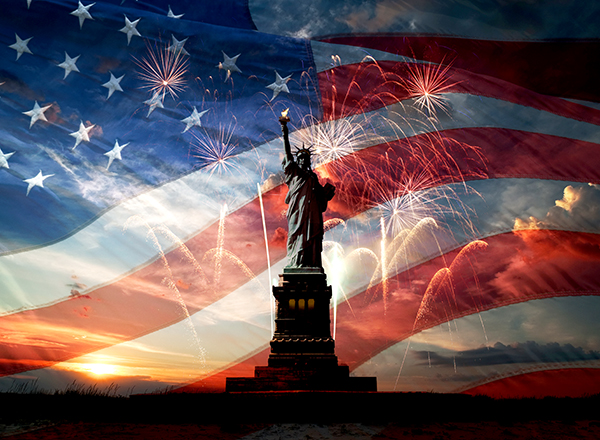“Always remember, you have within you the strength, the patience, and
the passion to reach for the stars to change the world. Now I've been
free, I know what a dreadful condition slavery is. I have seen hundreds
of escaped slaves, but I never saw one who was willing to go back and be
a slave.”
~~ Harriet Tubman
“Liberty is meaningless where
the right to utter one's thoughts and opinions has ceased to exist.
That, of all rights, is the dread of tyrants. It is the right which they
first of all strike down. They know its power. Thrones, dominions,
principalities, and powers, founded in injustice and wrong, are sure to
tremble, if men are allowed to reason... Equally clear is the right to
hear. To suppress free speech is a double wrong. It violates the rights
of the hearer as well as those of the speaker.”
~~ Frederick Douglass
Learn more about Juneteenth
here.
What does the Lord require of us?
To do justice; to love kindness; and to walk humbly with our God.We come to remember, reflect, and respond;
We come to worship our God.
Holy and righteous God, you created us in your image. Grant us grace to contend fearlessly against evil and to make no peace with oppression. Help us, like those of generations before us who resisted the evil of slavery and human bondage in any form and any manner of oppression. Help us to use our freedoms to bring justice among people and nations everywhere, to the glory of your Holy name through Jesus Christ our Lord.
Amen.
On this day, the church invites us to give thanks for the resilience and cultural contributions of people from the African diaspora. Therefore, let us offer our prayers to our loving, liberating, and life-giving God.
Silence
Repairing God, help us to lift every voice and sing, ’til earth and heaven ring, ring with the
harmonies of liberty for all your children, that our divisions may cease and we may be one. By
your might;
Lead us into the light.
Reconciling God, we have come over a way that with tears has been watered, we have come, treading
our path through the blood of the slaughtered, give us grace to see in each other the face of Christ.
By your might;
Lead us into the light.
Resilient God, keep us forever in your path, we pray, lest our feet stray from the places, our God,
where we met you in gift of friend and stranger, in the crucible of fortitude and struggle, that we
never forget the ancestors who have brought us thus far by faith. By your might;
Lead us into the light.
Restoring God, yet with a steady beat, our weary feet have come to the places for which our parents
sighed, inspire us with the energy to run with perseverance the race that is set before us, keeping our
eyes fixed on you. By your might;
Lead us into the light.
God of Hope, stony the road we trod, bitter the chastening rod, born in the day that hope unborn
had died, revive in us your people that sense of hope that never fails so that we can make new this
old world in the name of Jesus our brother.
Amen.













